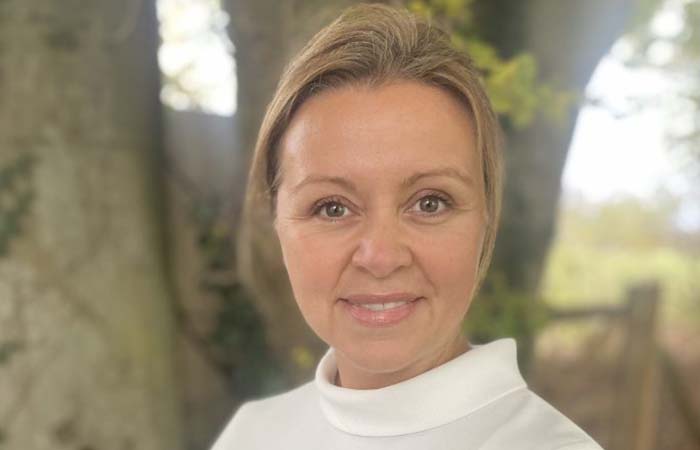Haleon launches new centre for human sciences
In Business
Follow this topic
Bookmark
Record learning outcomes

Consumer healthcare company Haleon has launched a new behavioural sciences centre to help health professionals influence behavioural change in their patients.
The Haleon Centre For Human Sciences (HCHS), which was launched at the International Pharmaceutical Federation congress in Seville last week, is described as the company’s “first major initiative for health professionals” since its demerger from GSK earlier this year.
The launch comes as new research by Haleon finds that 90 per cent of pharmacists across Europe and the US “believe that the role of the pharmacist has changed, requiring them to have greater expertise in influencing human behaviour and choices in patients’ health”.
Haleon said the ‘HCHS community’ will design, pilot and implement projects based on psychological research, with a piece of work around pain management to be the first. This will be facilitated by Robert Horne, professor of behavioural medicine at UCL School of Pharmacy.
“Haleon has long championed the role of pharmacists and pharmacy services in pain management and strongly believes that with the right support, an enhanced role would be of great benefit to patients and healthcare systems more broadly,” said the company.
Haleon’s Tess Player said: “The potential for the application of human sciences to help improve people’s health by influencing behavioural change is astounding.
“The key to unlocking this lies with health professionals. While primarily students of medicine, their changing roles require them to become experts in influencing patient behaviour.
“We have long heard from practising health professionals that they would benefit from greater opportunity and resources to upskill themselves in behavioural and social sciences in an easily accessible way.”
Panel guest, Ivo Vlaev, professor of behavioural science at Warwick Business School, said: “The launch of the Haleon Centre for Human Sciences is an important and timely initiative as we know more than ever that the application of human sciences, including behavioural and social, can help improve people’s health.
“This unique collaboration brings with it the opportunity to shift the self care paradigm and drive better health outcomes.”
